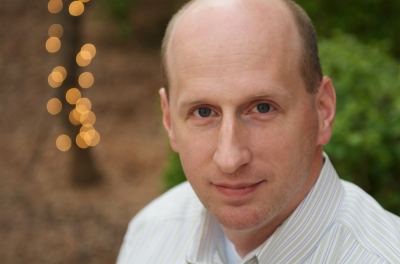9th Circuit Appeals Courts Guts Student Free Speech, Upholds 'Heckler's Veto' of the American Flag

On Wednesday morning the Ninth Circuit Court of Appeals declined a request for an en banc hearing in a case holding that school officials could censor students who peacefully wore American flag clothing because those students were violently threatened by anti-American classmates. In other words, the court upheld a classic "heckler's veto," and in so doing empowered violent bullies and undermined decades of free-speech jurisprudence.
The facts of Dariano v. Morgan Hill Unified School District are relatively simple: On Cinco de Mayo, anti-American students threatened a small group of their fellow students who chose to wear American flag–themed clothing. Rather than discipline the bullies, the school gave the kids who wore the flags a choice, turn their shirts inside-out, or go home. Two students chose to go home.
Under traditional constitutional principles, this is an easy case. Your free-speech rights do not depend on a listeners' subjective response, and they are certainly not conditioned on a listeners' willingness to break the law. Otherwise, free speech means nothing — bullies would be empowered to shut down speech whenever and wherever they wish.
Even in the academic setting, the traditional prohibitions against heckler's vetoes prevail, for the same, obvious reasons. While the Supreme Court has held that free speech is broadly protected in public schools unless the speech causes a "substantial disruption" to the academic environment, the "substantial disruption" refers to the nature of the speech itself, not to the listeners' reaction.
The dissent, by Judge O'Scannlain, gets these concepts exactly right:
The freedom of speech guaranteed by our Constitution is in greatest peril when the government may suppress speech simply because it is unpopular. For that reason, it is a foundational tenet of First Amendment law that the government cannot silence a speaker because of how an audience might react to the speech. It is this bedrock principle—known as the heckler's veto doctrine—that the panel overlooks, condoning the suppression of free speech by some students because other students might have reacted violently.
But the case went beyond a heckler's veto (as bad as that is) and veered into outright viewpoint discrimination. By banning the American flag displays while permitting other flag displays, the Court didn't just censor one view, it privileged others. As we stated in our ACLJ amicus brief:
In the public school context, while school officials possess authority to prevent substantial disruption of their school's functions, that authority has its constitutional limits. This case, in fact, precisely demonstrates why schools cannot escape constitutional scrutiny even in the face of substantial disruption. The school officials' actions in this case represent a perfect storm of unconstitutional action—by empowering a heckler's veto through the use of viewpoint discrimination. School officials should not be permitted to single out and silence one side of a debate, while permitting the other side's expression to continue without restriction, solely because the latter group of speakers threatened violence in reaction to the speech of the former. Such a decision empowers violence, incentivizes further disruption, and targets disfavored speech for punishment.
Judge O'Scannlain noted that the Ninth Circuit's decision places it at odds with the Seventh and Eleventh Circuits "and permits the will of the mob to rule our schools." The case is now ripe for Supreme Court review. One hopes the Supreme Court would grant certiorari, re-affirm its commitment to core First Amendment values, and reverse the Ninth Circuit.





















